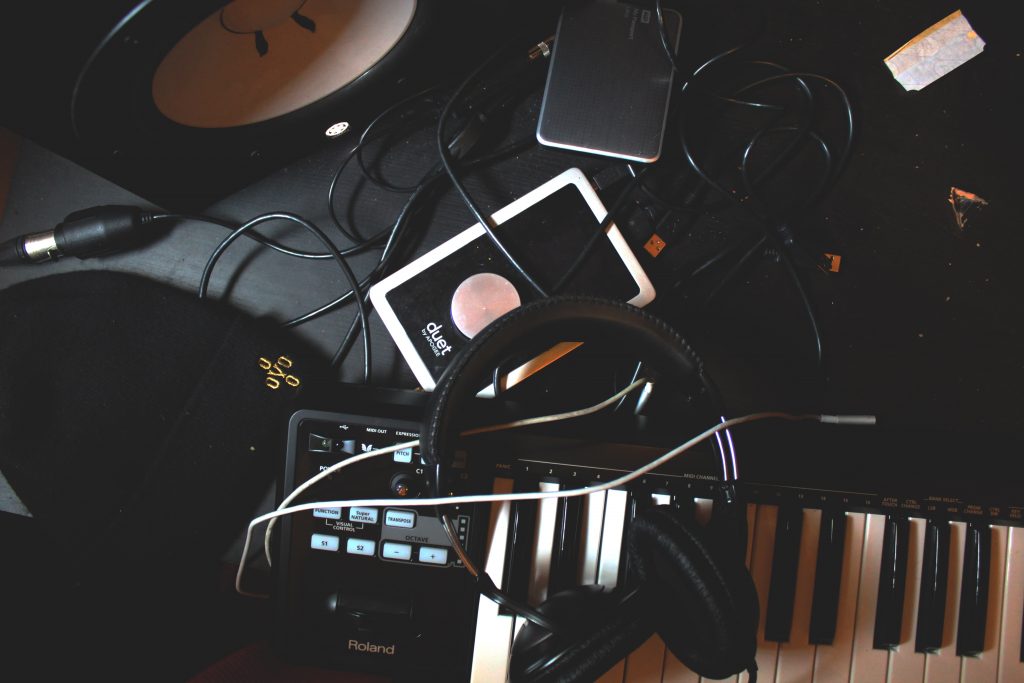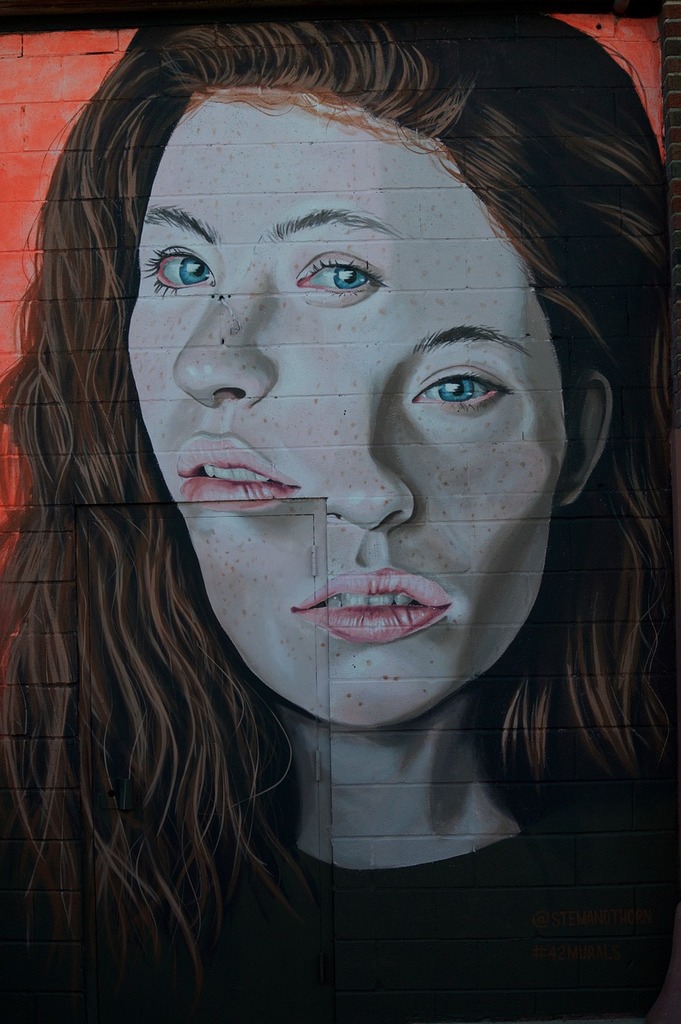What are the Struggles of Women in the Music and Entertainment Industry?
The power of music and songwriting has the potential to inspire and empower their listeners. On the other hand, women in music and entertainment face sexism for various reasons out of their control.
The lives of female songwriters present a sensation outside of their privacy as a product of consumption. Another concern is whether or not women in the music industry who work behind the scenes face similar difficulties.
Are Women in Music and Entertainment Satisfied with their Work?
The music industry features women on the front lines and behind the scenes. In both cases, the women in these spaces face disadvantages because of their sex.
An article by Musicianwave notes how women make up less than one-third of the music industry, with averages of 21.6% artists, 12.6% songwriters, and 2.6% producers who identify as women. The article also highlights how over half of the artists are non-white. However, it is crucial to consider their livelihoods and situations beyond the numbers.
A Billboard article highlights that working in the music industry plays a significant role in whether or not women decide to pursue raising a family. 77% of the participants felt discriminated against in the music industry because of their gender. Another critical aspect of the equation is the sentiment that women in the music industry are overworked and underpaid, with 57% in the same survey reporting having two or more jobs to make ends meet.
The data gathered indicates that the music industry does not treat women fairly. Gender discrimination exists in many industries, and it is no surprise that it exists in entertainment spaces. Nevertheless, women have made an effort to make their frustrations and anxieties known to their audience to give their fans a realistic point of view.
How is a Female Songwriter’s Impact Important to Her Audience?
Sabrina Carpenter is one songwriter who has taken one of many spotlights during the pandemic. Her recent album, emails I cant’ send, portrays the struggles of a woman who has been in the entertainment and music industries from a young age.
The internet sparked controversy surrounding Carpenter, Joshua Basset, and Oliva Rodrigo in 2021. Rodrigo’s debut single, Driver’s License, sparked a lot of hate comments towards Carpenter because of the drama behind this potential love triangle.
Carpenter’s new album attempts to move past the trauma, but not without addressing the hate that she received. In a recent RollingStone interview, Carpenter highlights her favorite aspects of the album. One example is the sarcastic lines, “Tell me who I am, because I don’t have a choice,” because she finds it ironic all the hate comments claim to know her truthfully.
A significant issue about this fascination is when the private matters of one’s life become too public, even if it is speculation. Carpenter’s case is also not isolated as other female celebrities can relate to similar problems.
A Guardian article brings in the opinions of multiple female celebrities to illustrate the double-edged sword that feminism presents to the entertainment industry. Amy Schumer notes that in Hollywood, there is an increased importance for women’s appearances and how they present themselves socially compared to the men in the industry.
Another critical comment the article makes for moving forward is that it is no longer sufficient to say one stands for feminism and inclusion in the entertainment industry. Instead, there is an increased emphasis on how an individual consciously combats sexism within the industry. The claim that one is a feminist these days goes beyond giving oneself the title and begins with educating the self and providing women access to resources they did not have before.

How to Establish a Pathway to Success for Women in the Music Industry?
The issues of gender inequality in the music industry are not without solutions. It is crucial to establish an essential foundation for women to thrive in the music and entertainment industry because, at its core, it does not appear to be there in the first place.
Another RollingStone article dives into this concern in concrete ways beyond talking about the issue of gender inequality. In addition to having open conversations about gender discrimination in the workplace, the article suggests constructing clear career pathways and mentorship programs for women to give them the knowledge and resources to succeed.
Keeping men in power contributes to gender discrimination within the music industry as it is increasingly difficult for women to be in executive-level roles, as noted in the earlier section. Women need more chances within the music industry, whether as a producer or songwriter, to create more empowering messages that are not mediated by a patriarchal power structure.



